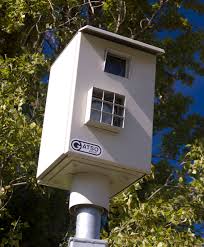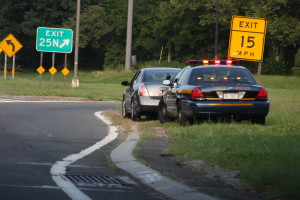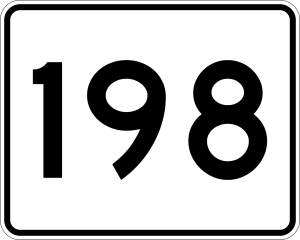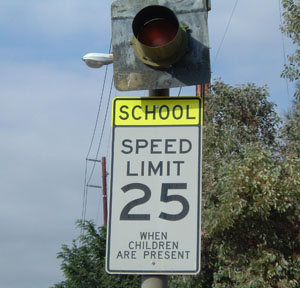A recent study published by the Washington Post outlined the maximum speed limits for local roads or highways in each census block group in the U.S. The map, provided by Caliper technology and MetricMaps, highlights surprising contrasts between the nations cities and rural areas, with each census block requiring different standards be met based on cultural, developmental, and topographical factors, and differences in geographic regions influencing how roads are built.
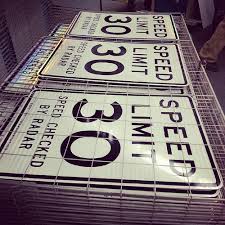
Do lower speed limits actually create safer road conditions? Some traffic engineers and motorists have argued that the higher the speed limit is, the safer the roadways will be. A study by the National Motorists Association (NMA) raised and lowered speed limits throughout areas in urban and rural non-limited access highways. The findings showed that when the posted speed limit was raised to a speed traveled by 85 percent of motorists, accidents did not increase.
The MetricMap also raises questions about Mayor Bill De Blasio’s Vision Zero campaign, which was created to help to end pedestrian deaths and make roads safer. Data for the Vision Zero campaign has shown mixed results, although Mayor De Blasio insists it has been effective.
A ticket for speeding can result in heavy fines, points on your license, and increased auto insurance rates over the long-term. If you or a loved one have received a speeding ticket in New York, our dedicated team of attorneys can help defend your rights. Contact us for more information or call 888-434-0406 for a free consultation.
